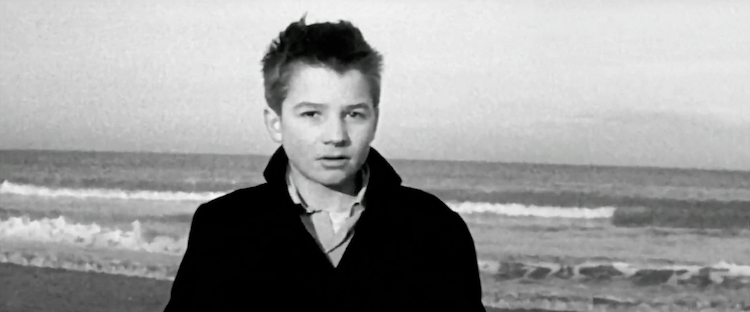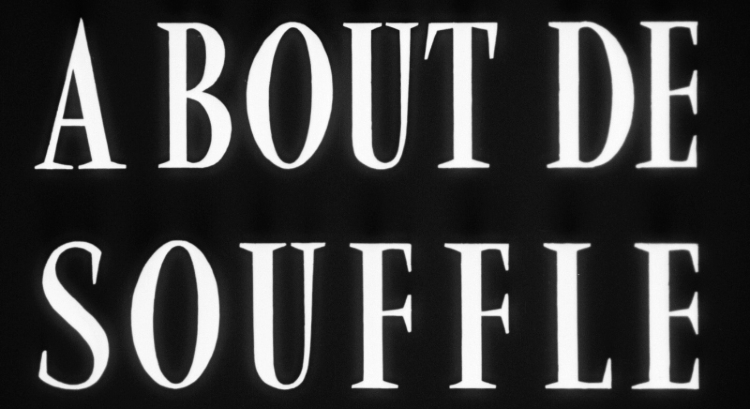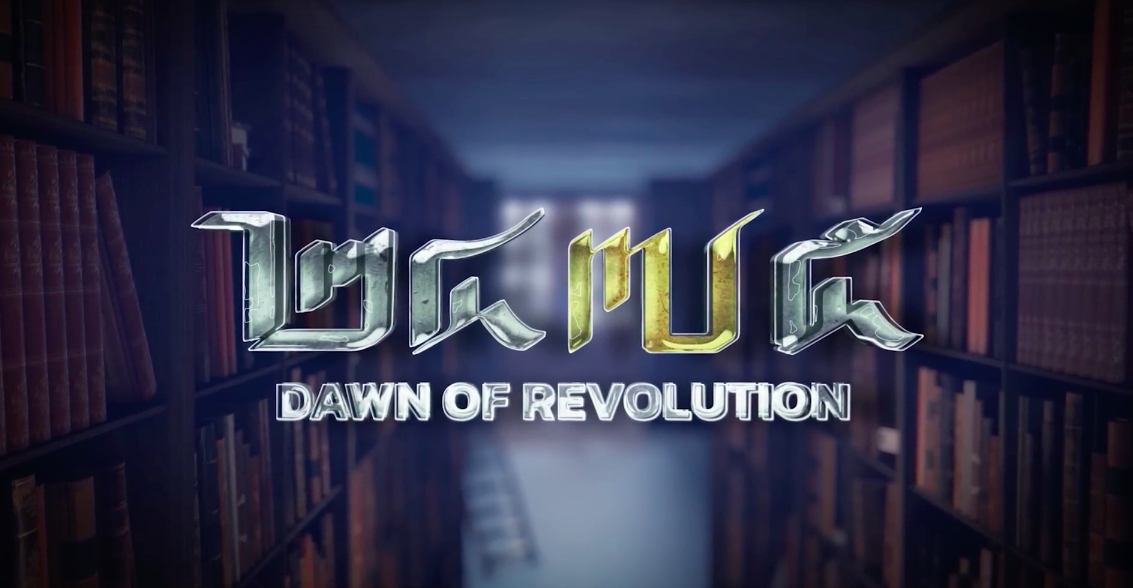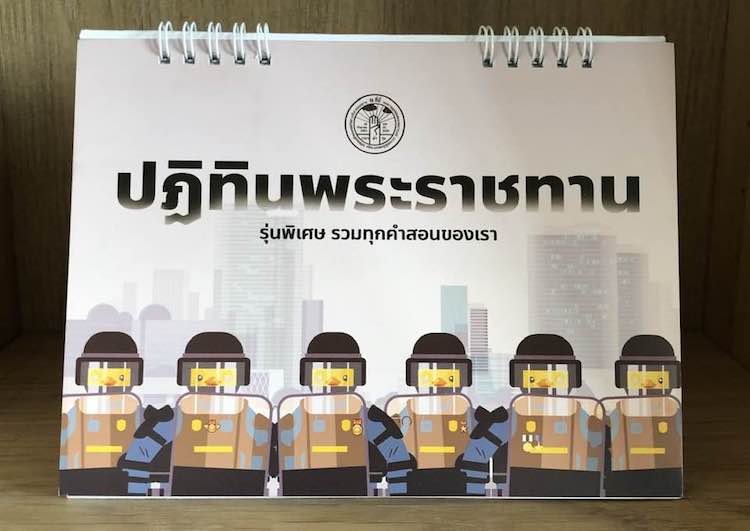
Vichart Somkaew’s new documentary Contemporary Thai Political Trilogy (ไตรภาคการเมืองร่วมสมัยไทย) is an hour-long portmanteau project combining three of his recent short films: Cremation Ceremony (ประวัติย่อของบางสิ่งที่หายไป), 112 News from Heaven, and The Letter from Silence (จดหมายจากความเงียบ). The anthology’s structure, divided into three segments, reflects what the director sees as the three eras of modern Thai politics: 1932–1957 (the abolition of absolute monarchy and the establishment of democratic institutions), 1957–1992 (prolonged military dictatorship, culminating in the ‘Black May’ crackdown), and 1992 to the present day (liberal reforms, followed by political polarisation).
Contemporary Thai Political Trilogy begins with Vichart’s most directly political film, Cremation Ceremony, in which the faces of three politicians stare impassively at the viewer. The three men—Anutin Charnvirakul, former health minister; Abhisit Vejjajiva, former prime minister; and former army chief Prayut Chan-o-cha—are responsible for three tragic injustices. Anutin oversaw the Thai government’s initially sluggish response to the coronavirus pandemic. Abhisit authorised the shooting of red-shirt protesters in 2010. Prayut led the 2014 coup, and his military government revived lèse-majesté prosecutions.
Vichart sets fire to photographs of the three men, their faces distorting as the photographic paper burns. There is no sound except the crackling of the flame. This symbolic ritual is a reminder of the deaths of Covid victims, red-shirt protesters, and political dissidents, though it’s also a metaphorical act of retribution, as the three politicians have faced no consequences for their actions. (Anutin is a billionaire, Abhisit was cleared of all charges, and Prayut acted with total impunity.)
While the three portraits burn slowly, captions mourn the forgotten victims: red-shirts shot while sheltering in Wat Pathum Wanaram, political prisoners charged under article 112, and victims of the coronavirus. (Cremation Ceremony originally ended on a hopeful note with a final caption explaining that pro-democracy parties had “emerged victorious” in last year’s election. But after the film’s release, the progressive Move Forward Party was excluded from the governing coalition, and the optimistic caption has now been removed.)
Contemporary Thai Political Trilogy continues with 112 News from Heaven, which juxtaposes news that’s broadcast on all channels every day with news that goes unreported by mainstream outlets. On the soundtrack, an announcer reads a bulletin of royal news, a daily staple of Thai television and radio. This is contrasted with captions documenting news of “victims of the Thai state”.
The Thai monarchy is often associated with the sky, symbolising the high reverence in which it is traditionally held, and lèse-majesté is article 112 of the criminal code, hence the title 112 News from Heaven. The film’s captions feature 112 headlines from a 112-day period, detailing the custodial sentences given to those convicted of lèse-majesté and the bail denied to those awaiting trial.
After its litany of legal persecution, 112 News from Heaven ends with a clip from an impromptu TV interview Rama X gave during a walkabout. Asked for his message to pro-democracy protesters, the King offers words of reassurance: “We love them all the same.” Viewers are left to interpret this in the context of the film they have just seen.
Contemporary Thai Political Trilogy’s final segment is The Letter from Silence, a series of extracts from letters by lawyer and pro-democracy campaigner Arnon Nampa to his family, written while he serves a prison sentence for lèse-majesté. Arnon’s letters are often heartbreaking, as he faces the prospect of many years in jail if convicted on further charges, separated from his wife and their two young children.
In fact, Arnon is one of the common threads linking each Contemporary Thai Political Trilogy episode. Cremation Ceremony summarises his 3rd August 2020 speech calling for reform of the monarchy, 112 News from Heaven documents the legal process following his arrest, and The Letter from Silence quotes from his prison letters.
Contemporary Thai Political Trilogy begins with Vichart’s most directly political film, Cremation Ceremony, in which the faces of three politicians stare impassively at the viewer. The three men—Anutin Charnvirakul, former health minister; Abhisit Vejjajiva, former prime minister; and former army chief Prayut Chan-o-cha—are responsible for three tragic injustices. Anutin oversaw the Thai government’s initially sluggish response to the coronavirus pandemic. Abhisit authorised the shooting of red-shirt protesters in 2010. Prayut led the 2014 coup, and his military government revived lèse-majesté prosecutions.
Vichart sets fire to photographs of the three men, their faces distorting as the photographic paper burns. There is no sound except the crackling of the flame. This symbolic ritual is a reminder of the deaths of Covid victims, red-shirt protesters, and political dissidents, though it’s also a metaphorical act of retribution, as the three politicians have faced no consequences for their actions. (Anutin is a billionaire, Abhisit was cleared of all charges, and Prayut acted with total impunity.)
While the three portraits burn slowly, captions mourn the forgotten victims: red-shirts shot while sheltering in Wat Pathum Wanaram, political prisoners charged under article 112, and victims of the coronavirus. (Cremation Ceremony originally ended on a hopeful note with a final caption explaining that pro-democracy parties had “emerged victorious” in last year’s election. But after the film’s release, the progressive Move Forward Party was excluded from the governing coalition, and the optimistic caption has now been removed.)
Contemporary Thai Political Trilogy continues with 112 News from Heaven, which juxtaposes news that’s broadcast on all channels every day with news that goes unreported by mainstream outlets. On the soundtrack, an announcer reads a bulletin of royal news, a daily staple of Thai television and radio. This is contrasted with captions documenting news of “victims of the Thai state”.
The Thai monarchy is often associated with the sky, symbolising the high reverence in which it is traditionally held, and lèse-majesté is article 112 of the criminal code, hence the title 112 News from Heaven. The film’s captions feature 112 headlines from a 112-day period, detailing the custodial sentences given to those convicted of lèse-majesté and the bail denied to those awaiting trial.
After its litany of legal persecution, 112 News from Heaven ends with a clip from an impromptu TV interview Rama X gave during a walkabout. Asked for his message to pro-democracy protesters, the King offers words of reassurance: “We love them all the same.” Viewers are left to interpret this in the context of the film they have just seen.
Contemporary Thai Political Trilogy’s final segment is The Letter from Silence, a series of extracts from letters by lawyer and pro-democracy campaigner Arnon Nampa to his family, written while he serves a prison sentence for lèse-majesté. Arnon’s letters are often heartbreaking, as he faces the prospect of many years in jail if convicted on further charges, separated from his wife and their two young children.
In fact, Arnon is one of the common threads linking each Contemporary Thai Political Trilogy episode. Cremation Ceremony summarises his 3rd August 2020 speech calling for reform of the monarchy, 112 News from Heaven documents the legal process following his arrest, and The Letter from Silence quotes from his prison letters.













































